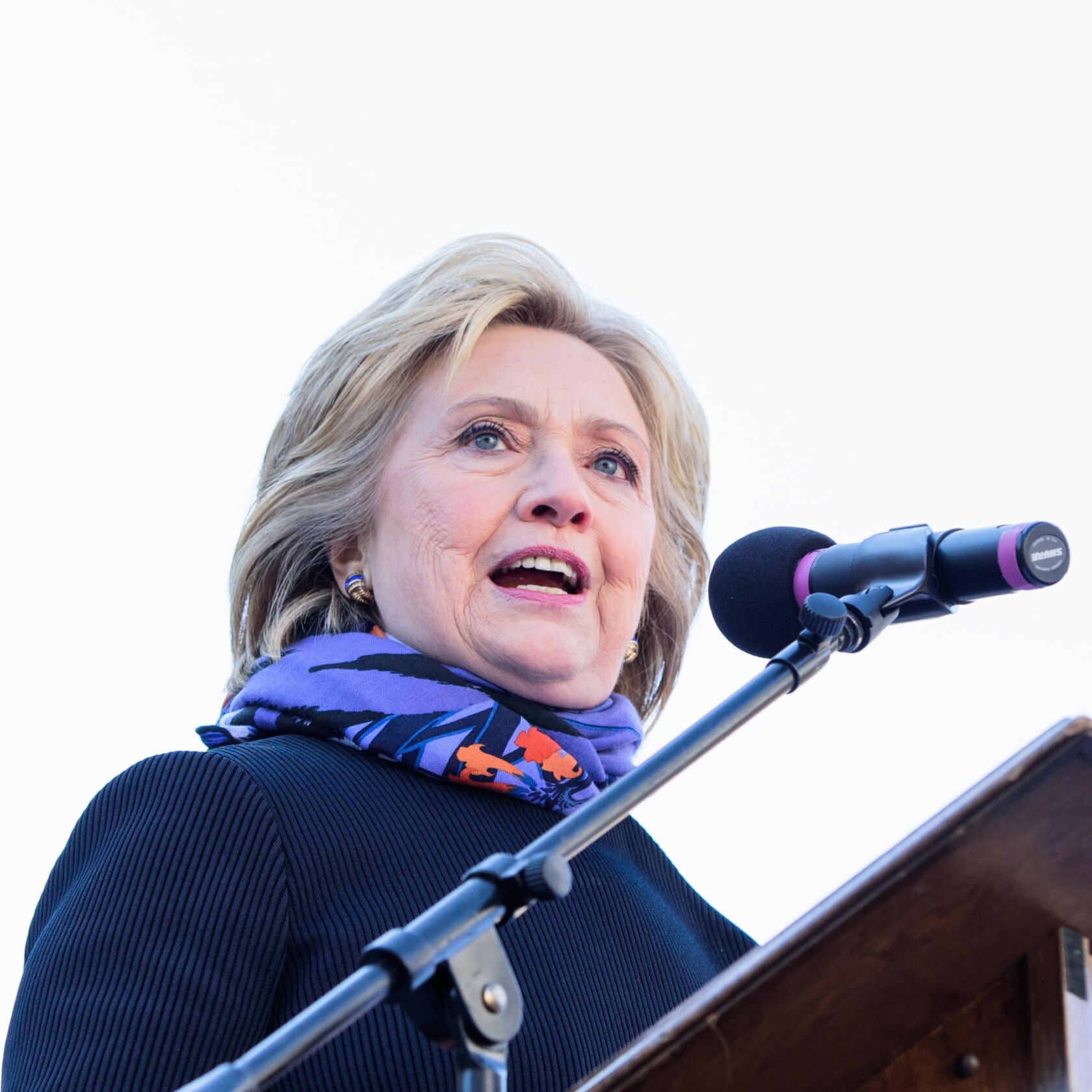
Many people are surprised to learn that Hillary Clinton was an intellectual property attorney when she practiced law from 1977-1992 for the Rose Law Firm. While the New York Times has reported that former colleagues cannot remember any cases she tried and that court reporters in Little Rock say she appeared in court infrequently, there are at least three reported court decisions on which she is named as counsel. A review of those decisions provides an interesting glimpse into Clinton’s background with intellectual property.
In a case involving allegations of false advertising, Clinton represented Maybelline Co. in a suit against Noxell Corp. regarding Noxell’s “Cover Girl Clean Lash” mascara product.[1] According to the complaint, Maybelline’s principal place of business and only factory in the United States was located in North Little Rock, Arkansas. Maybelline asked the court to restrain Noxell from advertising the Clean Lash mascara as being waterproof. Maybelline submitted to the court a videotape of a Clean Lash commercial in which a voice-over claimed that “water won’t budge” Clean Lash and that it “laughs at tears,” and then submitted independent laboratory tests contradicting those claims. Maybelline argued that the commercials were deceptive. Unfortunately for Clinton, it was found that Maybelline brought suit in the wrong venue because Noxell was not doing business in the Eastern District of Arkansas.[2] The case was transferred to a court in New York and settled.[3]
In a trademark infringement case, Clinton represented First Nationwide Bank against Nationwide Savings and Loan Association regarding the use of the mark “Nationwide Savings.”[4] In particular, First Nationwide Bank sought an injunction against the Savings and Loan Association’s use of the phrase “Nationwide Savings” for financial services. First Nationwide Bank argued that the use of the disputed phrase was likely to cause confusion among customers as to the provider of the financial services and was an attempt by the Savings and Loan Association to benefit from the valuable goodwill and reputation established by First Nationwide Bank. Clinton helped to secure injunctive relief for the Bank to prevent the Savings and Loan Association from using the mark.
In another case involving allegations of trademark infringement, Clinton represented Holsum Baking Co. against W.E. Long Co. regarding the use of the “Holsum” trademark in the marketing of bakery products. Long registered the “Holsum” mark on bakery products in Arkansas and later entered into an agreement granting Holsum Baking the right to use the “Holsum” name for advertising purposes in certain areas for three years. After that time, Holsum Baking began using the composite mark “Holsum Sunbeam” until more than 40 years later when it introduced a wheat bread product and marketed it as “Holsum Grains” with no mention of Sunbeam. Long then contacted the packaging suppliers of Holsum Baking and advised them not to sell packaging bearing the “Holsum” mark to Holsum Baking. Holsum Baking sought injunctive relief to reinstate its packaging source with the “Holsum” mark, arguing that the earlier agreement had been breached or abandoned by the parties and that Holsum Baking had acquired the rights to the “Holsum” mark due to use for more than 44 years. Clinton helped to secure a preliminary injunction for Holsum Baking.
While the number of reported cases involving Clinton is too small to draw any definitive conclusions, the above three cases demonstrate Clinton’s advocacy for companies that had their IP rights threatened. Some commentators have criticized Hillary Clinton’s current intellectual property platform as being vague, consisting of passing references to patent litigation reform and copyright policy. However, given her past experience, she may have more detailed thoughts on IP policy–an area that rarely is a focus in presidential campaigns.
[1] Maybelline Co. v. Noxell Corp., 643 F. Supp. 294 (E.D. Ark. 1986).
[2] Maybelline Co. v. Noxell Corp., 813 F.2d 901 (8th Cir. 1987).
[3] Morrison, T.C., “The Regulation of Cosmetic Advertising under the Lanham Act,” 44 Food Drug Cosm. L.J. 49, 57 1989.
[4] First Nationwide Bank v. Nationwide Sav. & Loan Ass’n, 682 F. Supp. 965 (E.D. Ark. 1988).
[5] W.E. Long Co. v. Holsum Baking Co., 307 Ark. 345 (Ark. 1991).
